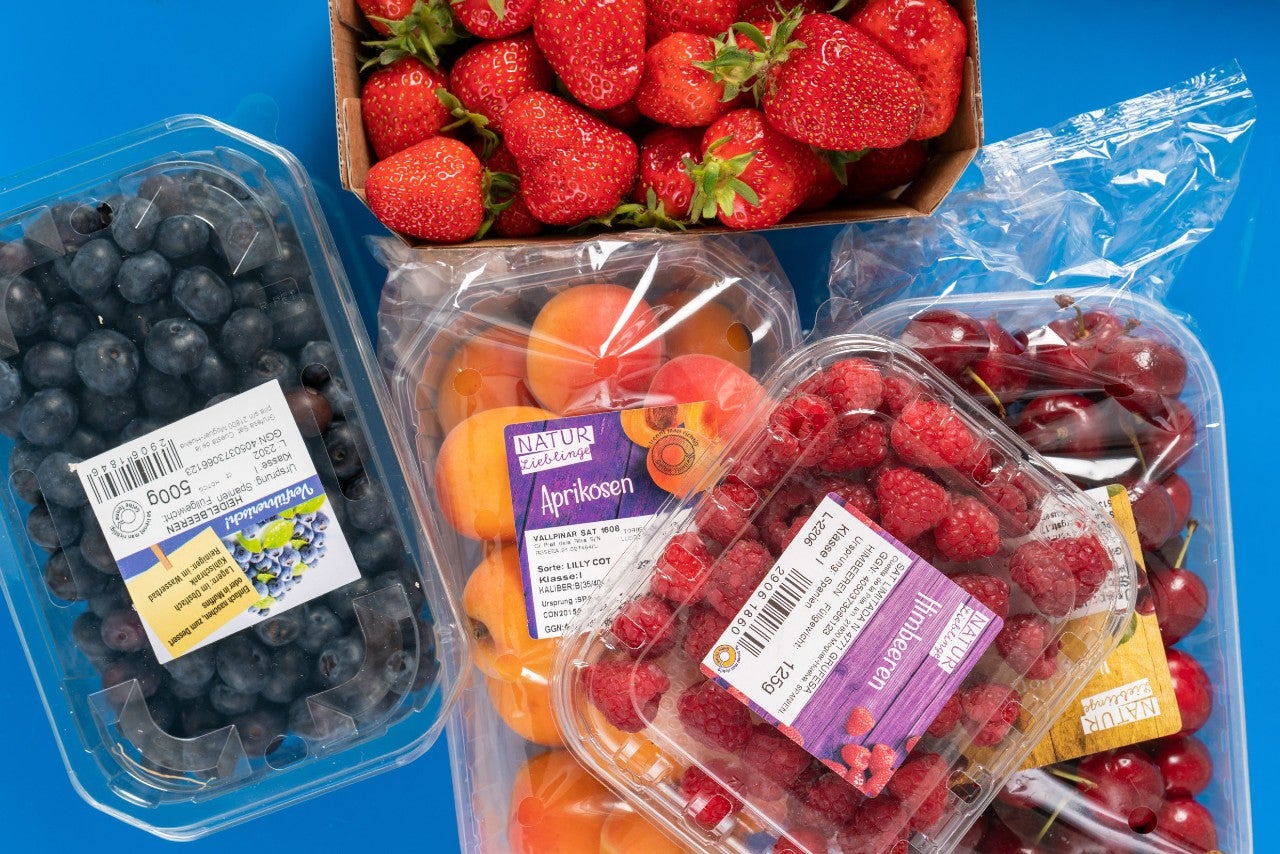Aldi has cemented its status as the UK’s fifth-largest supermarket by staying ahead of the curve and below the average price point. As part of a sector that has fared well during the pandemic, compared to other areas of the economy, Aldi has refocused efforts on an area that is only becoming more important as time goes on: sustainability, but the first steps taken have been far simpler than one may have predicted.
In July, Aldi announced its commitment to cut plastic packaging use in half by 2025. Statements and ‘visions’ like these are commonplace in today’s climate, as supermarkets and brands come under increasing pressure from consumers to prove their eco-credentials in the face of climate change. In September 2020, UK supermarket leader Tesco introduced its first recycled soft plastic packaging for use on products like bread and cheese. This was following a ‘vow’ in 2019 by the chief executive to remove one billion pieces of plastic packaging from the retailer’s range by the end of 2020. We are still waiting to hear the results of this ambitious pledge.
Notably, these moves are aligned with the UK’s consumer sentiment. The latest GlobalData consumer survey in the UK shows that 86%* of consumers see recyclable and reusable packaging as being as important or more important than before the outbreak of the Covid-19 pandemic. This shows that concern for the health of society and one’s self does not lead people to dismiss the health of the planet. Even a global pandemic has not shifted the tide of opinion that rejects plastic waste, but rather the opposite.
Back to 2020, Aldi’s commitment will equate to around 74,000t of plastic removed from circulation over the next five years. From the announcement in July to the present day, we are seeing the first signs of what will be cut from the German discounter’s packaging moving forward. One of the first product’s to get a sustainability-makeover is the private label ‘Corale’ Baked Beans. Specifically, the multipacks.
Multipacks are a major culprit when it comes to packaging waste, with the material used to bind individually packaged products together seen as extremely wasteful and needlessly damaging to the environment – we’ve all seen photos of a turtle stuck in a plastic six-pack binder. Until now, tins have been shrink-wrapped. What’s interesting is the lack of a replacement such as paper, with Aldi instead opting to simply remove the shrink wrap from their four-tin multi-packs while still offering a multipack price for sets of four. In this instance, removal has been deemed the best course of action, which suggests future efforts in this area may not always be accompanied by some revolutionary innovation, but by simple omission of a long-unnecessary feature.
Indeed, Aldi’s choice to simply cut plastic instead of finding a sustainable replacement may be partially down to recent calls by green organisations to end the use of certain degradable plastics. This is in light of major UK supermarkets selling goods in plastic that is technically recyclable and degradable, but contains additives that simply break down the packaging’s macro-plastics into harmful micro-plastics, which are causing trouble for marine life.
Obviously, not all plastic waste can be solved by simply removing it from the product. Another recent pledge by Aldi is to switch to 100% recyclable packaging for its own-brand cereal, which will surely put pressure on brands like Kellogg’s and Nestle to follow suit. If Aldi is able to meet ambitious plastic targets by targeting products to lose packaging, as they have here, then that may well form the blueprint for how these targets can be reached for other companies.





